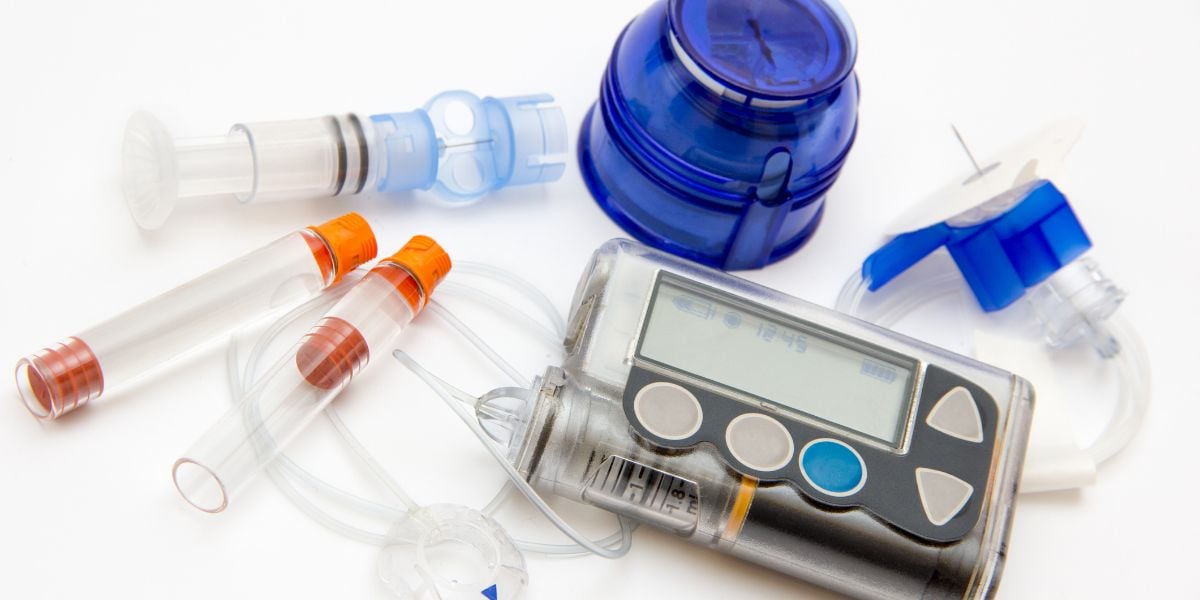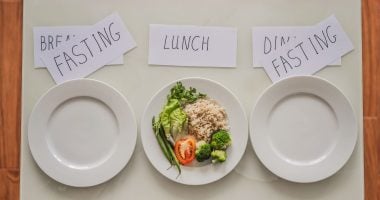Fat has unfairly been given a bad name. Are there unhealthy foods that contain fat? Yes. Does that mean that fat itself is unhealthy, no it doesn’t.
Fat is not itself unhealthy and neither is saturated fat. In fact, eating a low carb, high fat is a very healthy way of living.
In this guide, we look at the evidence to answer a number of questions people have about the health of fat in the diet
Low-fat diet has led to high body fat
There’s reason to believe that the low-fat recommendations that were introduced into the UK in 1983 is a primary reason for why being overweight and obese has become more and more common.
Rather than focusing on cutting out fat or saturated fat, it’s far better to instead cut out highly processed food from your diet.
Highly processed foods include white bread, ready meals, cakes, biscuits and breakfast cereals. Yes, some of these foods contain fat but note that all of these contain highly refined carbohydrate.
Is saturated fat safe to eat?
Saturated fat is safe to eat as long as it comes from healthy, natural foods.
Meat, full fat dairy and nuts are all natural sources of saturated fat and you’re fine to eat these natural foods.
In fact, when a team of researchers from the University of Cambridge ran a review of 72 diet studies to see if saturated fat was worse than unsaturated fat, they found no difference in the risk of heart disease between either type of fat. [193]
In fact, it seems as though full fat dairy might actually have a preventative effect against developing type 2 diabetes, as the following news stories illustrate:
- Full-fat dairy consumption could reduce risk of type 2 diabetes
- Eating full fat dairy linked with 23 per cent lower risk of diabetes
Trans fat: the real bad fat
In the review by the University of Cambridge, they did find one type of fat that was responsible for increased risk of heart disease, and that is trans fats.
For trans fats the researchers saw a 16% increased risk of heart disease. [194]
Trans fats are vegetable oils that have had hydrogen added which allows the vegetable oils to be solid at room temperature. This can extend the shelf life and enhance the texture and flavour of food but has a negative impact on health.
In the UK, food manufacturers do not have to list trans fat content on food packages, which can make it difficult for consumers to know how much exposure to trans fats they have.
The best way to avoid trans fats is to avoid eating highly processed packaged foods.
Fat in food: the good and the bad
| Healthy food with fat | Unhealthy food with fat |
|---|---|
| Nuts | Crisps |
| Oily fish | Pastries |
| Meat | Chips/fries |
| Full fat dairy | Cakes |
| Avocados | Biscuits |
| Olive oil | Pizza |
Fat has become guilty by association. Ask someone about fatty foods and they will likely list foods found under the ‘unhealthy food with fat’ column in the table:
This includes French fries, pies, crisps and pizza.
These foods are high in fat but notice that they are also high in carbohydrate too.
The classic unhealthy western diet is unhealthy for a number of reasons. It is high in carbohydrate, sugar and fat whilst low in fibre and nutrition.
So why is this simply called a fatty diet? Why is it fat that got the blame for so many years?
The answer goes back to the 1970s and 1980s when dietary recommendations to reduce fat were introduced in the USA and the UK.
The recommendations were based around scientific studies that were interesting but flawed.
If the guidelines had been introduced today, the scientific evidence used then would not be regarded as strong enough. Yet, we’re still living with government recommendations that stand on this unreliable evidence.
As a result, an ever-growing number of healthcare professionals are calling for these old and unproven dietary recommendations to be re-evaluated







